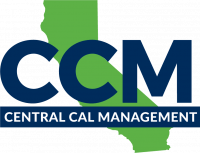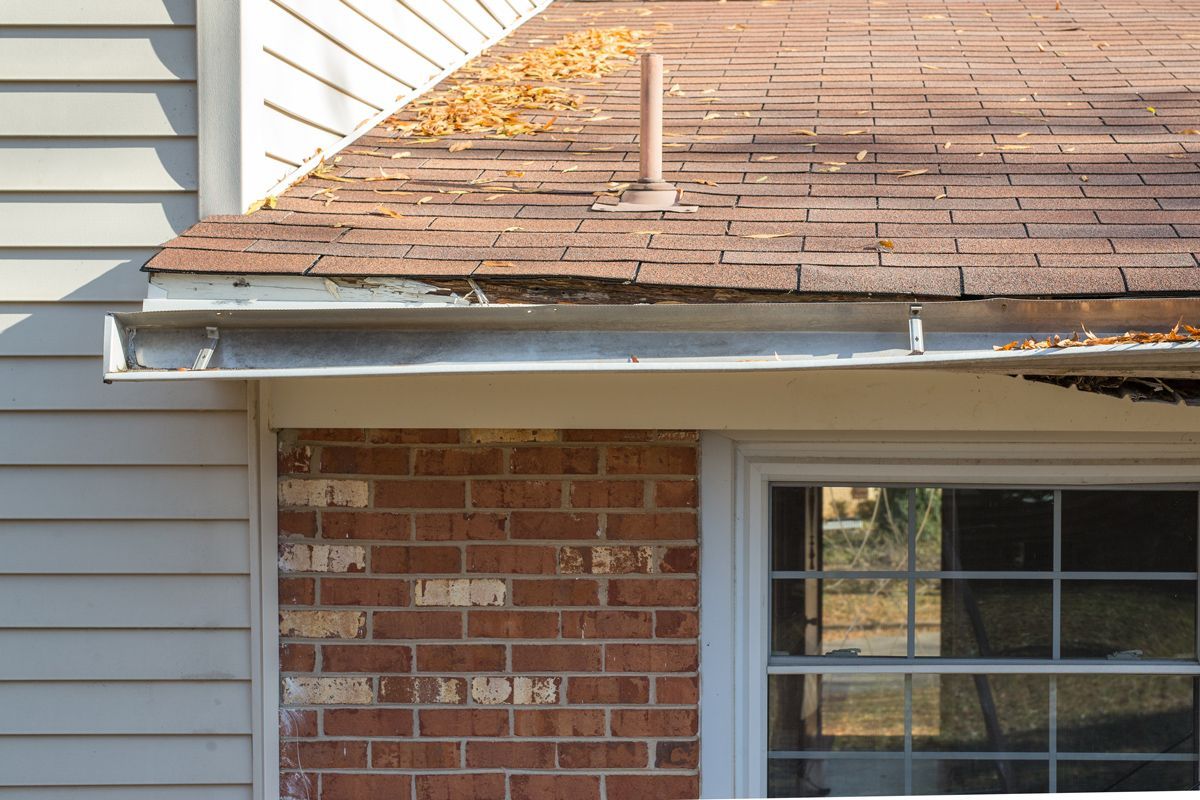
Your Guide to Moving from Renting to Owning a Home
Making the transition from renting to owning a home is a significant milestone in anyone's life. It marks a shift towards establishing roots, building equity, and creating a place where memories are made and cherished for years to come. However, this transition can also be daunting for many, with numerous factors to consider such as financial readiness, market conditions, and finding the perfect property that suits your needs and preferences. In this comprehensive guide, we will provide you with essential information and expert tips on how to navigate through the process of transitioning from renting to owning a home seamlessly. From understanding your budget and securing financing to scouting potential neighborhoods and negotiating with sellers - we have got you covered every step of the way. By mastering this transition successfully, you can confidently embark on this new chapter of homeownership with knowledge and assurance.
Understanding the Benefits of Renting vs Owning
- Financial Stability: When you own a home, your monthly mortgage payments contribute to building equity in your property. This can be a form of forced savings and can potentially increase your wealth over time.
- Flexibility: Renting allows for more flexibility in terms of moving locations or downsizing without the hassle of selling a property. On the other hand, owning a home provides stability and control over your living situation without the risk of unexpected rent increases.
- Investment Opportunity: Owning real estate has historically been a solid long-term investment, with potential for appreciation in value over time. Additionally, homeowners may benefit from tax deductions on mortgage interest payments, further enhancing financial benefits compared to renting.
Assessing Your Financial Readiness for Homeownership
- Evaluate Your Debt-to-Income Ratio: Calculate how much of your monthly income goes towards debt payments. Lenders typically look for a ratio below 43%.
- Review Your Credit Score: A good credit score is crucial for securing favorable mortgage rates. Aim for a score of 620 or higher.
- Assess Your Savings: Determine if you have enough savings to cover a down payment, closing costs, and reserves for unexpected expenses.
- Consider Stable Income: Lenders prefer borrowers with stable employment history and consistent income streams.
- Consult with a Financial Advisor: Seeking professional guidance can help you understand the financial implications of homeownership and make informed decisions about your readiness to buy a home.
Navigating the Real Estate Market: Renting vs Buying
- Renting offers flexibility in terms of moving, while buying builds equity and stability.
- Consider your financial situation before making a decision.
- Evaluate rental costs versus potential mortgage payments.
In the renting market, you are free from maintenance responsibilities compared to homeownership. However, owning a home allows you to customize and invest in property value over time.
Ultimately, choosing between renting and buying depends on your long-term goals and financial readiness for homeownership. Be sure to weigh the pros and cons of each option carefully before making a decision.
Finding the Perfect Property: Renting to Owning
When transitioning from renting to owning a home, finding the perfect property is crucial. Begin by determining your budget and what you can afford as a homeowner. Consider factors such as location, size, and amenities that are important to you.
Make a list of must-haves versus nice-to-haves in a property. Research different neighborhoods and visit open houses to get a feel for what's available in your price range. Remember to factor in additional costs like maintenance, property taxes, utilities, and insurance when considering properties.
Once you've found potential properties, work with a real estate agent who can guide you through the buying process. They can help negotiate offers, navigate contracts, and provide valuable insight into the local market trends. Don't rush this step - take your time to find the right property that fits both your needs and budget.
Securing Financing for Your Home Purchase
- Assess Your Financial Situation: Before applying for a mortgage, evaluate your credit score, debt-to-income ratio, and savings to determine how much you can afford to borrow.
- Research Lenders and Loan Options: Compare interest rates, loan terms, and fees from different financial institutions to find the best financing option for your home purchase.
- Get Pre-Approved: Obtain a pre-approval letter from a lender to show sellers that you are a serious buyer with the financial means to make an offer on a property.
- Gather Necessary Documents: Be prepared to provide documents such as pay stubs, tax returns, bank statements, and proof of assets when applying for a mortgage.
- Stay Organized and Communicate Clearly: Keep track of all paperwork related to your loan application and be proactive in communicating with your lender throughout the financing process.
Closing the Deal: Renting to Homeownership
- Understand Your Lease Options: Before making the leap from renting to homeownership, review your current lease agreement and understand any potential penalties for breaking the lease early. Plan accordingly to ensure a smooth transition without financial setbacks.
- Seek Professional Guidance: Consult with a real estate agent or financial advisor who can guide you through the process of transitioning from renting to owning. They can help you navigate complex paperwork, mortgage options, and other crucial aspects of purchasing a home.
- Secure Financing: Start exploring mortgage options and getting pre-approved before actively looking for homes. Having a solid financing plan in place will strengthen your negotiating power when closing the deal on your dream home.
Maintaining Your New Home: Renting vs Owning
When it comes to maintaining your new home, there are key differences between renting and owning.
- Renting: In a rental property, maintenance responsibilities typically fall on the landlord. This means that if something breaks or needs repairing, you can simply call your landlord and they will take care of it.
- Owning: As a homeowner, the responsibility for maintenance falls squarely on your shoulders. You'll need to budget for unexpected repairs and routine upkeep like lawn care and HVAC maintenance.
Ultimately, whether you rent or own, staying proactive with home maintenance is crucial to preserving the value of your investment over time.
Building Equity and Creating a Home: Renting to Owning
Making the transition from being a renter to a home owner is a significant step towards building equity. When you rent, your monthly payments go towards someone else's investment. However, when you own a home, each mortgage payment builds equity in your property. This equity can be used as leverage for future investments or emergencies.
Owning a home provides stability and roots in a community. Unlike rentals where landlords can increase rent or terminate leases at any time, homeowners have control over their living situation. Having ownership of your home allows for personalization and investment into creating the perfect space for yourself and your family.
Property Management Blog










